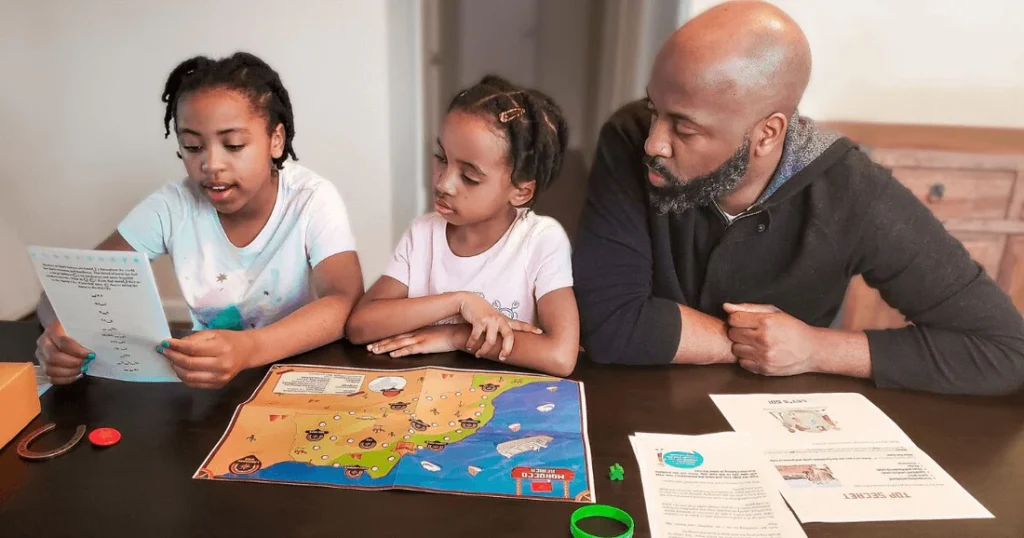The holiday season brings joy, relaxation, and family bonding. However, it’s also an excellent opportunity to help your children develop good study habits that will serve them well throughout their academic journey. Establishing these habits early on can make learning a more enjoyable and effective process. Here are some tips for parents to support their children in developing strong studying and reading habits at home during the holidays.
Create a Conducive Learning Environment
Setting up a dedicated study space is crucial. Ensure the area is quiet, well-lit, and free from distractions. This helps children associate that space with learning and concentration. Stock it with necessary supplies like books, notebooks, pencils, and a comfortable chair. A consistent study environment can significantly enhance focus and productivity.

Establish a Routine
Consistency is key when developing good study habits. Establish a daily routine that includes specific times for study and reading. This helps children understand the importance of regular practice and creates a sense of discipline. Even during holidays, maintaining a routine can prevent the disruption of learning habits.
Encourage Reading
Reading is fundamental to learning. Encourage your children to read daily, selecting books that interest them to foster a love for reading. You can also read together as a family, creating a bonding experience while improving their literacy skills. Libraries and bookstores often have holiday reading programs that can provide additional motivation and variety.

Set Goals and Rewards
Setting achievable goals can motivate children to stay focused. These goals can be as simple as reading a certain number of pages or completing a small project. Celebrate their achievements with rewards, such as extra playtime or a special treat. This positive reinforcement encourages continued effort and builds a sense of accomplishment.
Be a Role Model
Children often mimic the behavior of their parents. Show them that you value learning by engaging in educational activities yourself, like reading or exploring new hobbies. When children see their parents prioritizing education, they are more likely to adopt similar habits.
Make Learning Fun
Incorporate educational games and activities into their routine. Puzzles, board games, and educational apps can make learning enjoyable and less of a chore. These
activities can also help develop critical thinking and problem-solving skills.

Stay Involved
Regularly check in on your child’s progress and provide support when needed. Discuss what they’ve learned, help them with challenging subjects, and praise their efforts. Your involvement shows that you care about their education and are there to support them.
By taking these steps, parents can help their children develop strong study habits from a young age. These habits improve academic performance and instill a lifelong love of learning. This holiday season, take the opportunity to build a solid foundation for your child’s educational journey.
